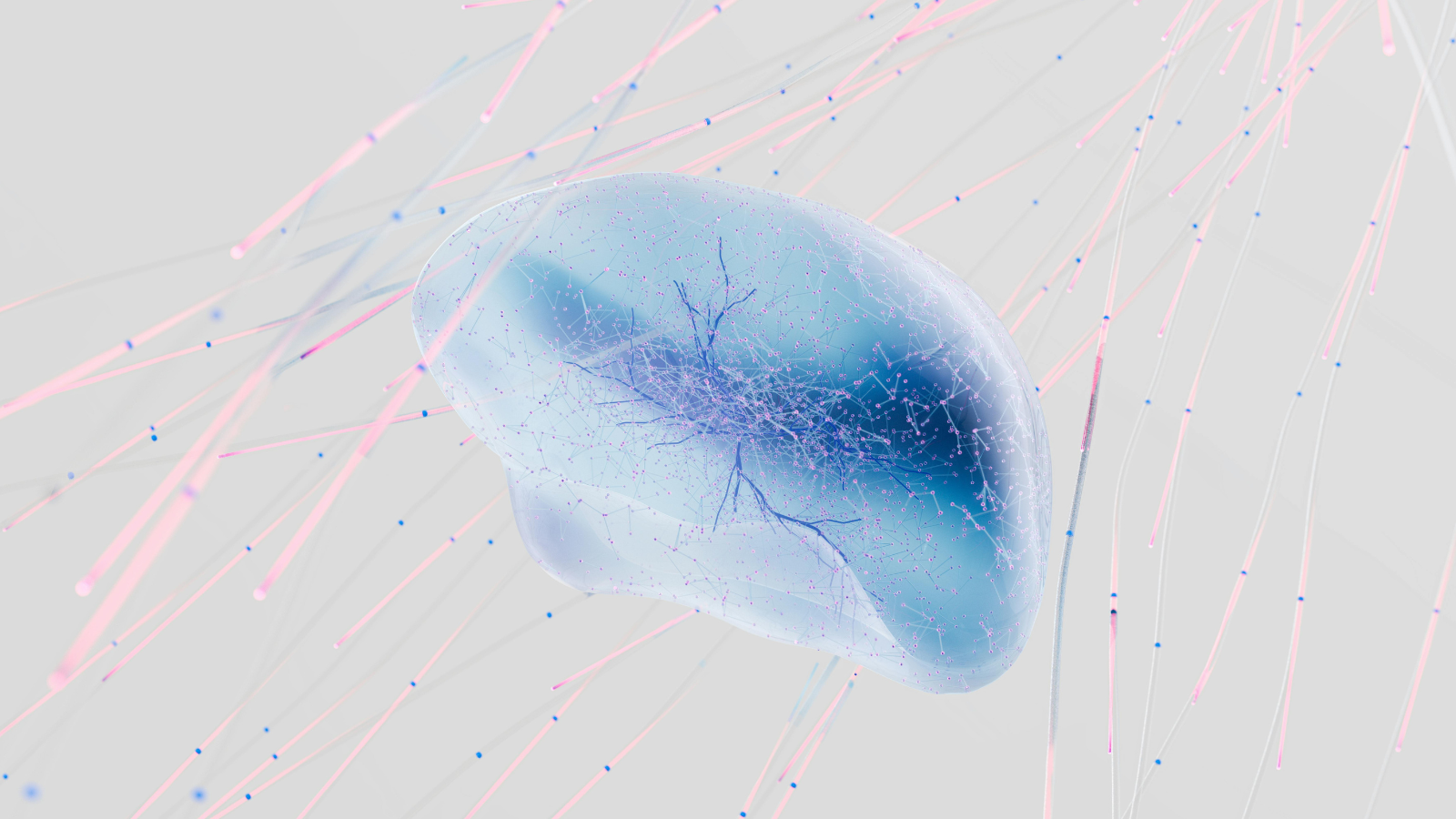Science
Data Science Fuels Global Health Initiatives Through Analytics

In a world where approximately 38 million people live with HIV, the role of data science in global health is becoming increasingly vital. Researchers at the University of Alabama at Birmingham (UAB) are utilizing advanced analytics to enhance decision-making, strengthen collaborations, and push the boundaries of health research. Pooja Maheria, a research data analyst within the Patel Research Group at UAB, exemplifies how data science can address complex challenges affecting millions globally.
Transforming Global Health Research
Upon joining UAB, Maheria quickly identified a significant hurdle in multinational studies: the inconsistent data collected across diverse sites and populations. Rather than limiting her work to traditional charting and reporting, she focused on developing scalable workflows that harmonize disparate datasets, enhance quality assurance, and generate insights beneficial for global collaborations.
Using tools such as Python, R, and SQL, along with advanced biostatistics, Maheria pioneered models that process massive datasets while enabling research teams to explore trends, patterns, and predictive outcomes with greater confidence. The complexities of multinational studies, where data is gathered in various formats and influenced by local contexts, posed significant challenges. Maheria employed survival analyses, predictive models, and visualization techniques to elucidate these complexities.
Building Trust and Enhancing Collaboration
Her methodology prioritizes transparency and verifiability, ensuring that results can be validated against real-world contexts at every stage of the analytical process. Collaborating closely with pharmacologists, clinicians, and data managers, Maheria emphasized that analytics should not only drive scientific progress but also cater to societal needs.
Maheria’s contributions extend beyond technical work; she has played a crucial role in mentoring younger analysts and medical students, equipping them with skills to handle large and intricate datasets. Her involvement in multi-country studies spanning Kenya, Botswana, South Africa, and the United States was vital, as she provided analytical frameworks for integrating heterogeneous data streams. These collaborations showcased her ability to support teams across various disciplines and regions.
At UAB, which employs over 2,000 scientists working on diverse projects ranging from infectious diseases to health equity, Maheria’s initiatives have improved efficiency, reduced errors, and shortened project timelines. Her creation of standardized data quality reports has reduced analysis time by nearly 33%, while her predictive models have significantly enhanced the accuracy of outcome predictions. These advancements have led to increased responsibilities within the organization and recognition through presentations and publications.
Maheria’s work not only highlights the transformative potential of data science in health research but also reinforces trust-building and collaboration among researchers. As global health increasingly relies on big data, automation, and interdisciplinary integration, Maheria’s efforts demonstrate that analytics must evolve alongside contemporary research challenges. Her commitment to ensuring that data science serves the needs of the communities involved is evident in her approach to mentorship.
Recognized with the UAB Outstanding Student Award for her academic excellence and peer contributions, Maheria continues to inspire the next generation of scientists. Her peers commend her ability to translate complex analyses into practical insights while maintaining empathy for the communities affected by her research.
Through her work, Pooja Maheria exemplifies the critical intersection between data science and global health, illustrating that effective data management can lead to improved health outcomes. As she underscores, when analyzed properly, data can significantly enhance public health initiatives, reinforcing the importance of trust and collaboration in the field. Her contributions signify that the true value of data science lies not just in technological advancement but also in fostering a deeper understanding of community needs and advancing health equity.
-

 Science3 months ago
Science3 months agoToyoake City Proposes Daily Two-Hour Smartphone Use Limit
-

 Top Stories3 months ago
Top Stories3 months agoPedestrian Fatally Injured in Esquimalt Collision on August 14
-

 Health3 months ago
Health3 months agoB.C. Review Reveals Urgent Need for Rare-Disease Drug Reforms
-

 Technology3 months ago
Technology3 months agoDark Adventure Game “Bye Sweet Carole” Set for October Release
-

 World3 months ago
World3 months agoJimmy Lai’s Defense Challenges Charges Under National Security Law
-

 Lifestyle3 months ago
Lifestyle3 months agoVictoria’s Pop-Up Shop Shines Light on B.C.’s Wolf Cull
-

 Technology3 months ago
Technology3 months agoKonami Revives Iconic Metal Gear Solid Delta Ahead of Release
-

 Technology3 months ago
Technology3 months agoApple Expands Self-Service Repair Program to Canada
-

 Technology3 months ago
Technology3 months agoSnapmaker U1 Color 3D Printer Redefines Speed and Sustainability
-

 Technology3 months ago
Technology3 months agoAION Folding Knife: Redefining EDC Design with Premium Materials
-

 Business3 months ago
Business3 months agoGordon Murray Automotive Unveils S1 LM and Le Mans GTR at Monterey
-

 Technology3 months ago
Technology3 months agoSolve Today’s Wordle Challenge: Hints and Answer for August 19









